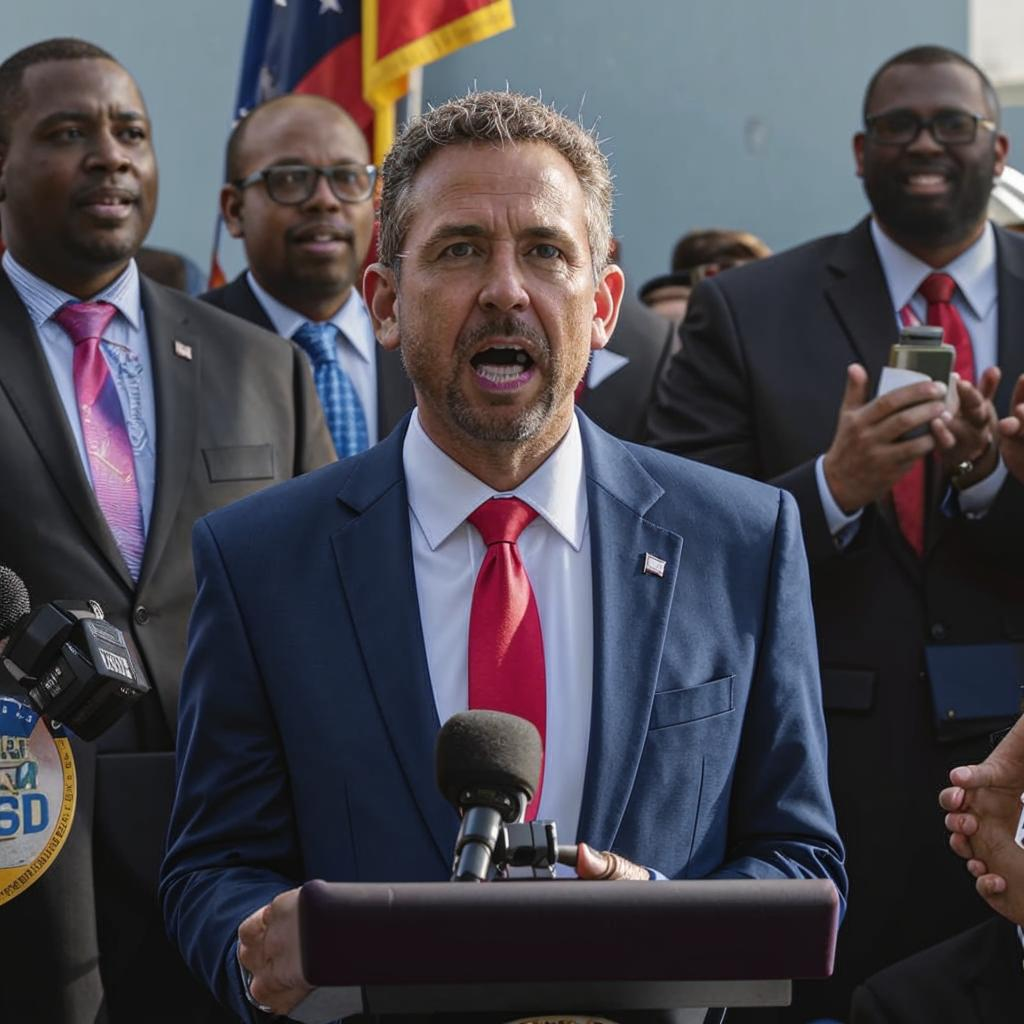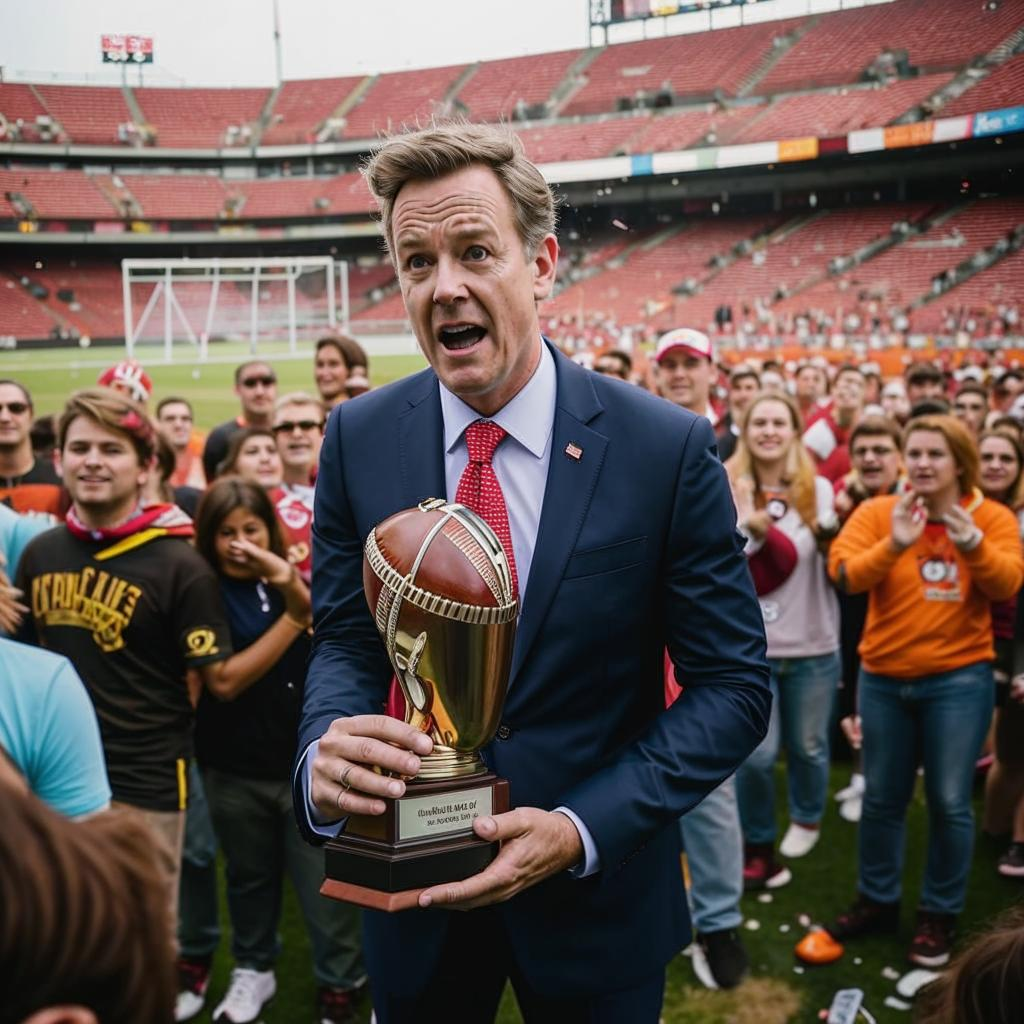America faces a deep political divide, with starkly contrasting viewpoints on fundamental issues. This polarization, fueled by social media echo chambers, partisan news outlets, and increasingly tribal political identities, threatens the nation’s ability to address critical challenges effectively. The chasm between liberals and conservatives seems to widen daily, making compromise and constructive dialogue increasingly difficult.
However, amidst this bleak landscape, glimmers of hope remain. Grassroots organizations are emerging, dedicated to fostering civil discourse and finding common ground. These initiatives focus on bridging ideological divides through respectful conversations, empathy-building exercises, and collaborative problem-solving. Some emphasize local-level engagement, where shared community concerns can transcend political affiliations. Others leverage technology to create platforms for balanced discussions and fact-checking.
Furthermore, a growing number of Americans are expressing frustration with the extremes of both parties, indicating a potential desire for more moderate and pragmatic solutions. This “exhausted majority,” as some call it, may hold the key to de-polarizing the political climate. By prioritizing shared values, such as economic opportunity, national security, and a healthy environment, Americans can begin to rebuild trust and work together towards a more unified future. The path forward requires a commitment to listening, understanding, and finding common ground, even amidst deep disagreements.















